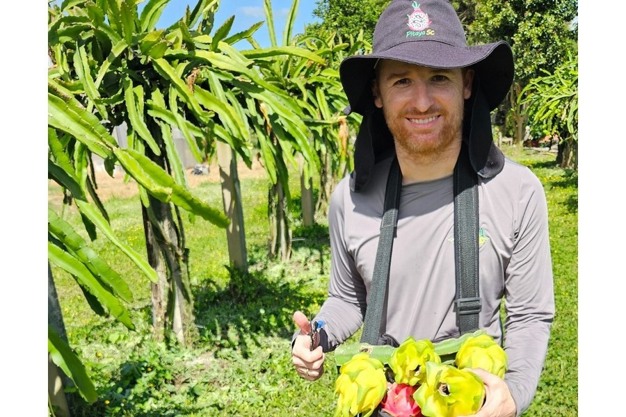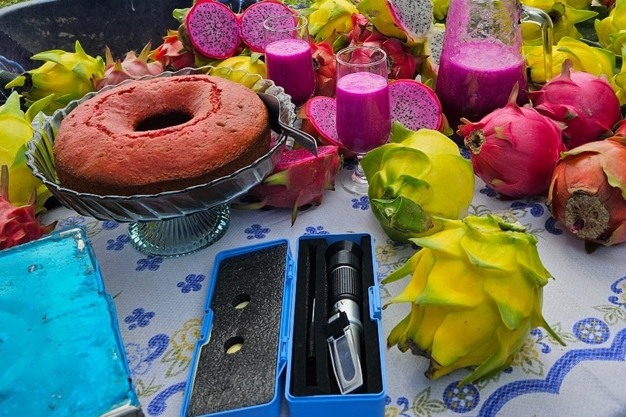The cultivation of dragon fruit in Brazil has shown considerable growth in recent years. "Cultivation has been very much focused on the family farming model, but in recent years we have seen interest from investors and agribusiness companies," says agronomist Ricardo Martins, owner of the consulting company Pitaya SC located in Southern Brazil.

He points out that the dragon fruit production model in Brazil is very much focused on conservation practices with the use of soil cover, organic fertilizers, and biological products to control pests and diseases. "In addition, the use of self-pollinating dragon fruit varieties has made it easier for growers to invest in the crop. The new projects have also shown high economic viability, especially high-density planting projects with 100% self-pollinating varieties and expected yields of 40 to 60 tons per hectare, says Martins.
The Association of Pitaya Growers of Brazil - APPIBRAS, is the main association representing growers who play a key role in promoting the fruit through events and symposiums held in recent times. Brazil's domestic demand is very good with an average of $2 per kg, which is similar to export prices. However, as plantings and harvest volumes increase, growers will start to look to export markets.

The fledgling dragon fruit industry in Brazil hopes to become major growers in the near future says Martins. "We hope that Brazil will become a major producer and exporter of dragon fruit sustainably in the future. Currently, the average area is 6,000 hectares, but there are no limits to the expansion project and we are sure that Brazil will be a major player shortly," concludes Martins.
For more information:
Ricardo Martins
Pitaya SC
Tel: +55 48 9626-2974
[email protected]










